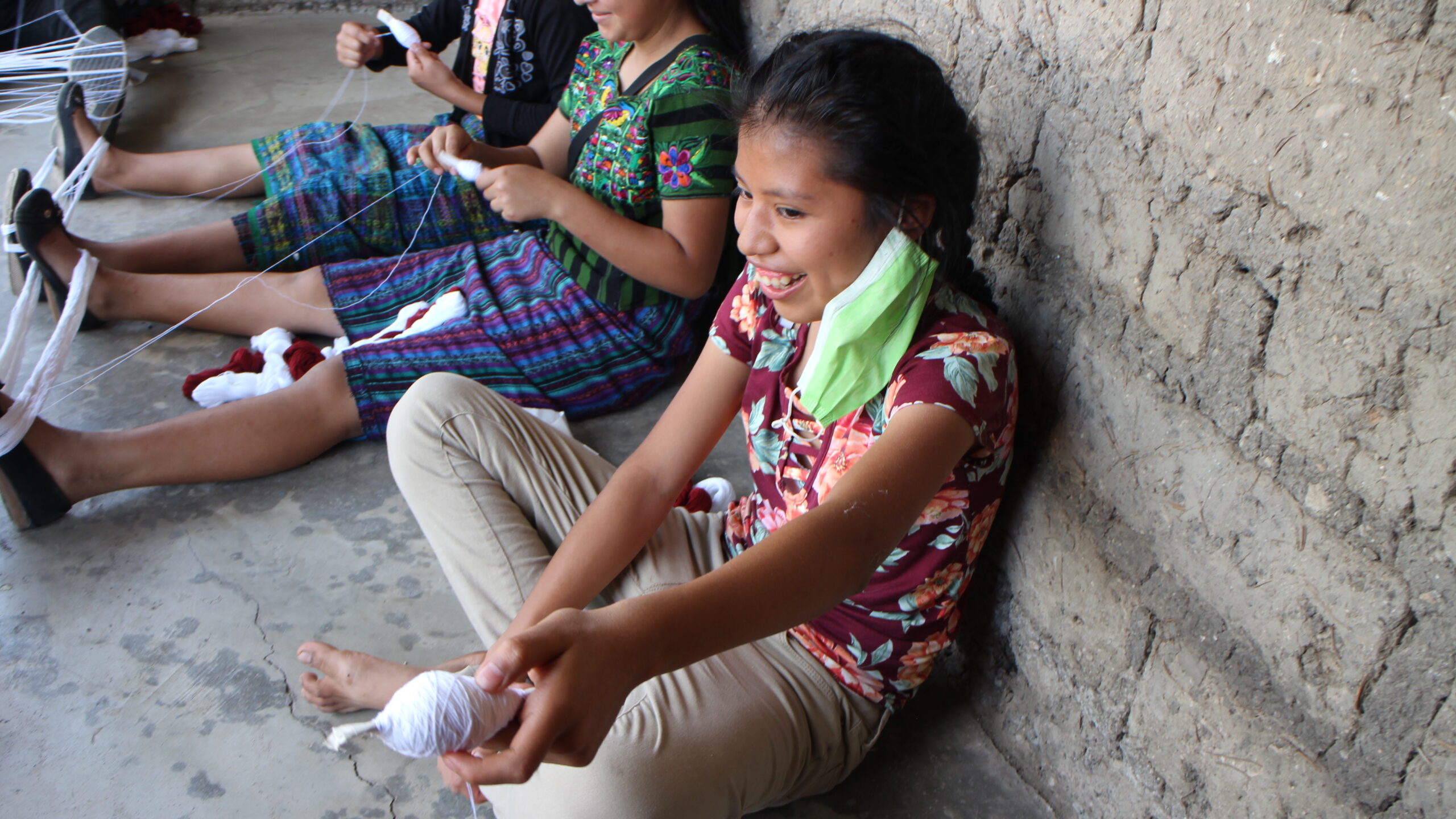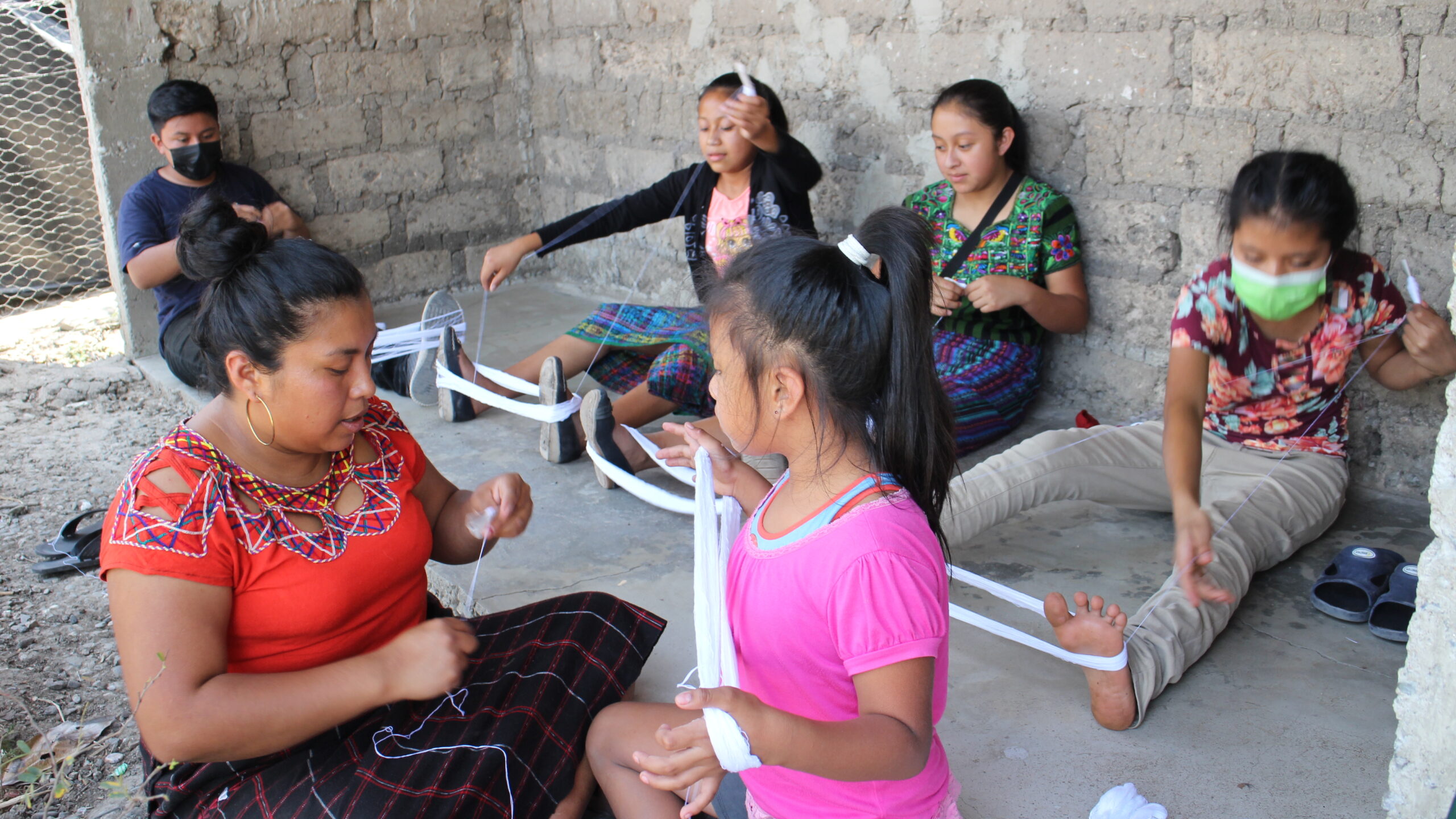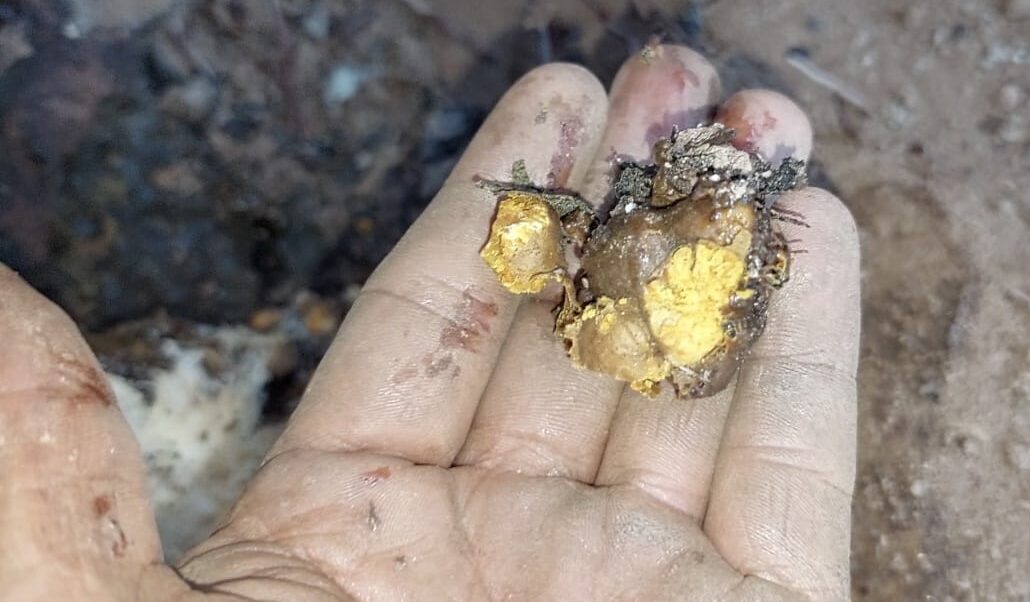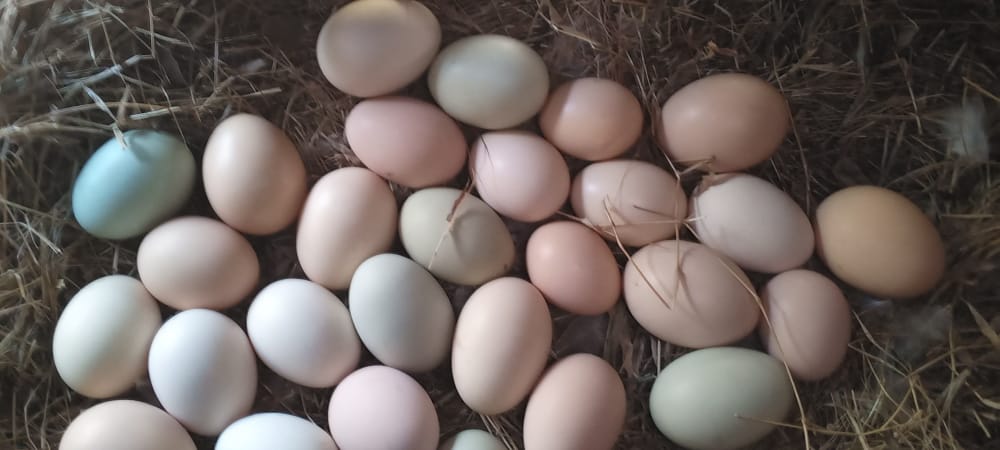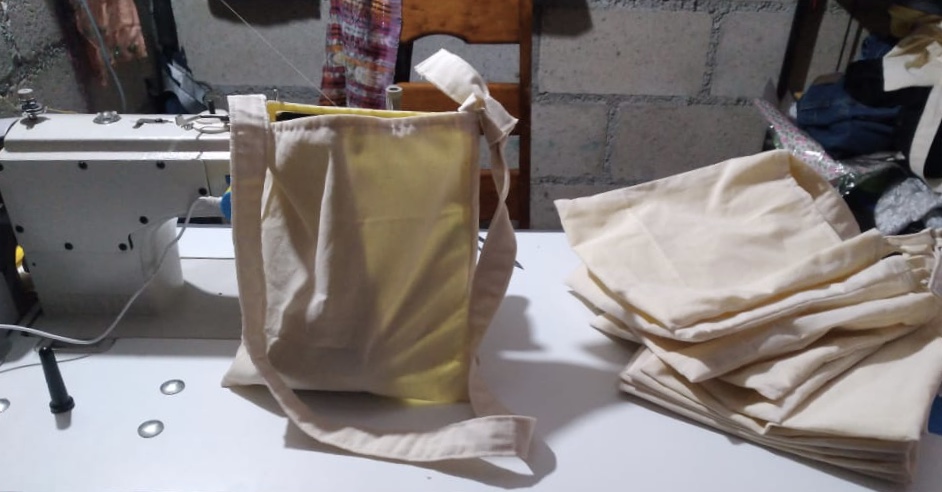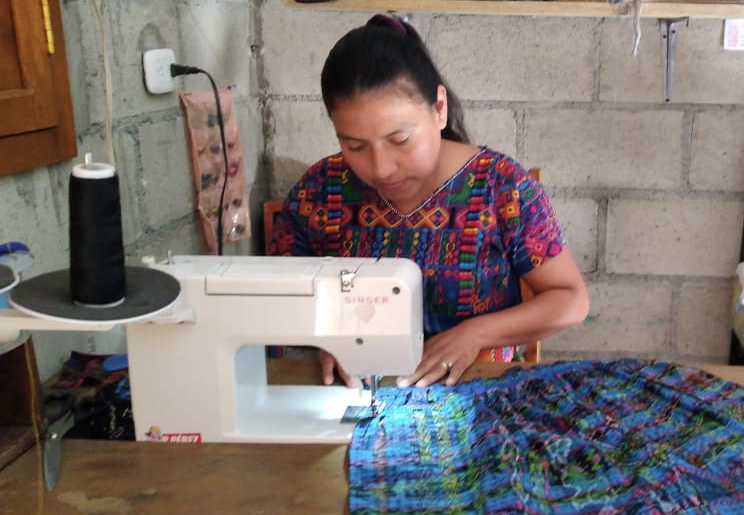2022 Spring Newsletter
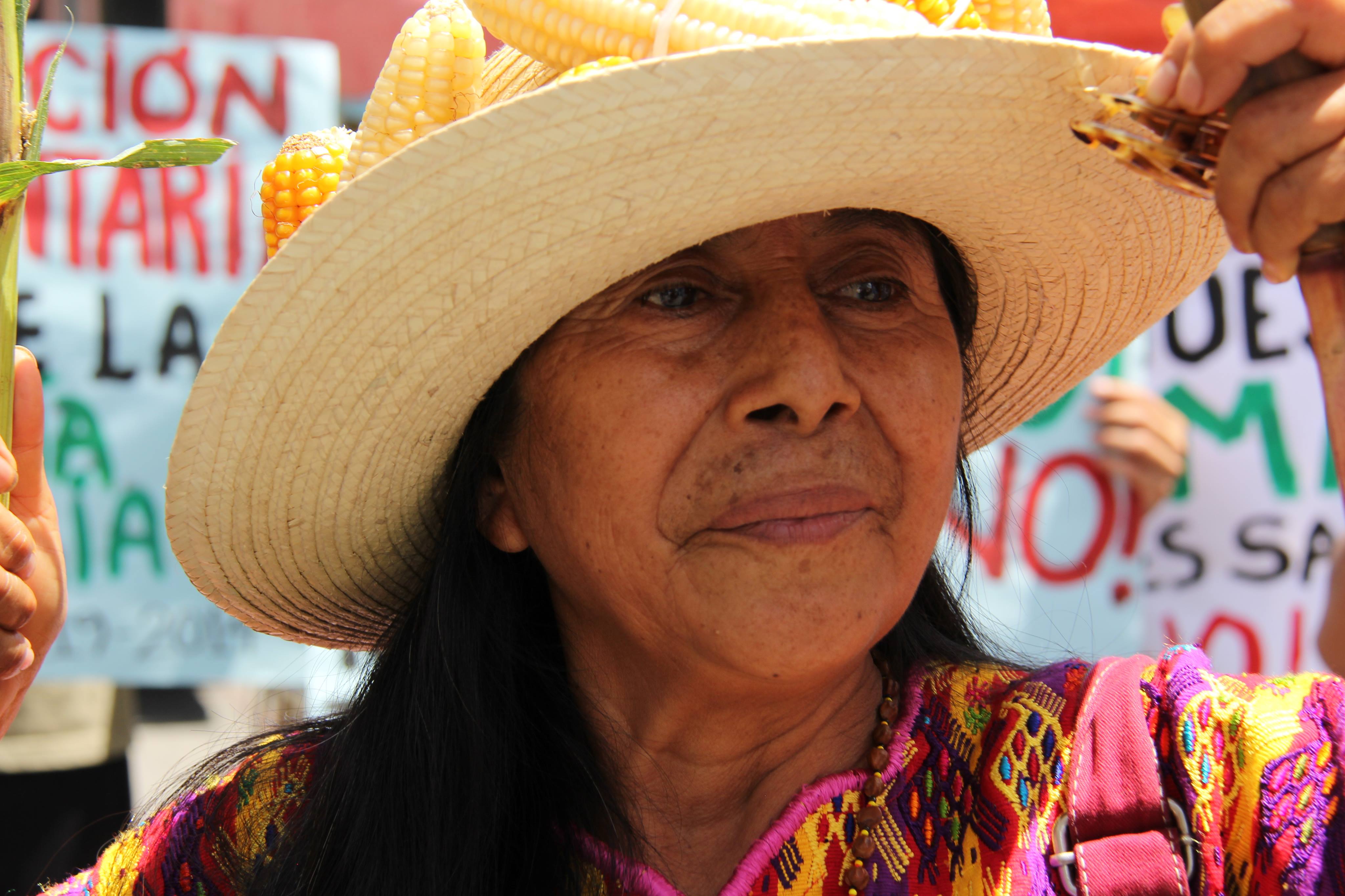
Happy Spring!
We hope you and your loved ones are healthy and as happy as can be considering all that is happening in the world these days. We’re grateful to you for your support and we hope that these updates on our work will bring you a sense of hope and encouragement.
As we were preparing to send out this Spring newsletter, on Friday, April 15th, our dear companion, mentor, and colleague, Maria Magdalena Alvarado Ixpata, affectionately known as “Elena” died. As many of you know, Elena had been fighting cancer for the last decade. Her indelible legacy as a community leader, linguist, and seed saver, is an inspiration to her community, her friends and family. She will be missed by many but her enthusiasm for life and her passion for the preservation of her culture will continue to inspire and live on in us all.
Thank you to all of those who donated to Elena’s medical fund. Here is a link to a beautiful video we made to honor Elena’s incredible ability to make connections and inspire people. We are currently working on an idea to honor her legacy, and will let you know soon. It’s hard for us to imagine our work without Elena, but we know that her energy and the seeds she planted will continue to grow.
One of our superpowers as an organization is the close relationships we have to the people we work with. This allows us to respond and adapt quickly to the emergent needs of our partners in Guatemala. Your support as our donor family allows us to do that.
As the world becomes more unpredictable, this year our goal is to increase our monthly donors so that we can achieve a higher degree of financial independence and capacity to respond to these changes. Your donations give us the flexibility and stability to support the many communities and individuals we work with when they need it the most.
According to the UN Convention on Climate Change, Guatemala now ranks among the top 10 countries vulnerable to the impacts of climate change. Just 1/3 the size of the state of New Mexico, Guatemala is a biologically and culturally rich country. The communities where we work are located in Guatemala’s dry corridor where climate change is causing drought, crop failure, and soil depletion. This then leads to increased migration and vulnerability to malnutrition and disease.
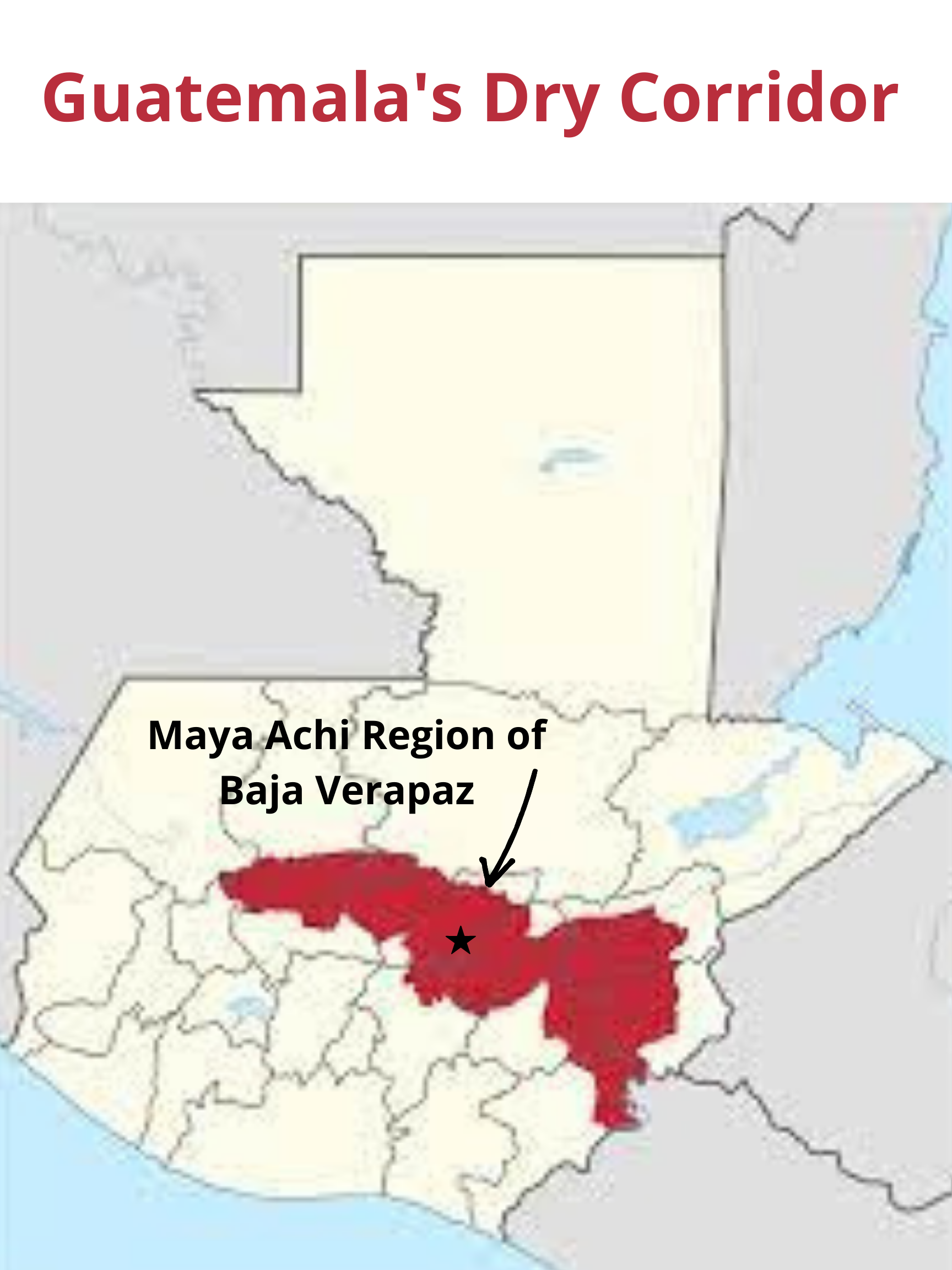
Together we’re building…
Food Sovereignty
Autonomy over the production of culturally appropriate food.
Climate Resilience
The capacity to thrive amidst the adverse effects of climate change.
Cultural Preservation
Traditional knowledge in practice.
Over the years, we’ve made lasting relationships with local leaders in the Maya Achi communities of Guatemala. It’s amazing to see how those early initiatives have grown and transformed over time. Our approach to working with local communities and their leaders nurtures small-scale-solutions that have a huge impact on people’s access to education, clean water, traditional medicine, and healthy food. All of this work is grounded in the cultural traditions and traditional ways of knowing and working of our partners.
Reforestation of the Watershed above the Chixolop Sand Dam
We completed the first sand dam in December, 2020 and it is now providing increased access to water to 500 homes in Chixolop. The community continues its efforts to stabilize their watershed through reforestation campaigns with groups of volunteers of all ages. Since 2019, we’ve planted over 4,000 trees!
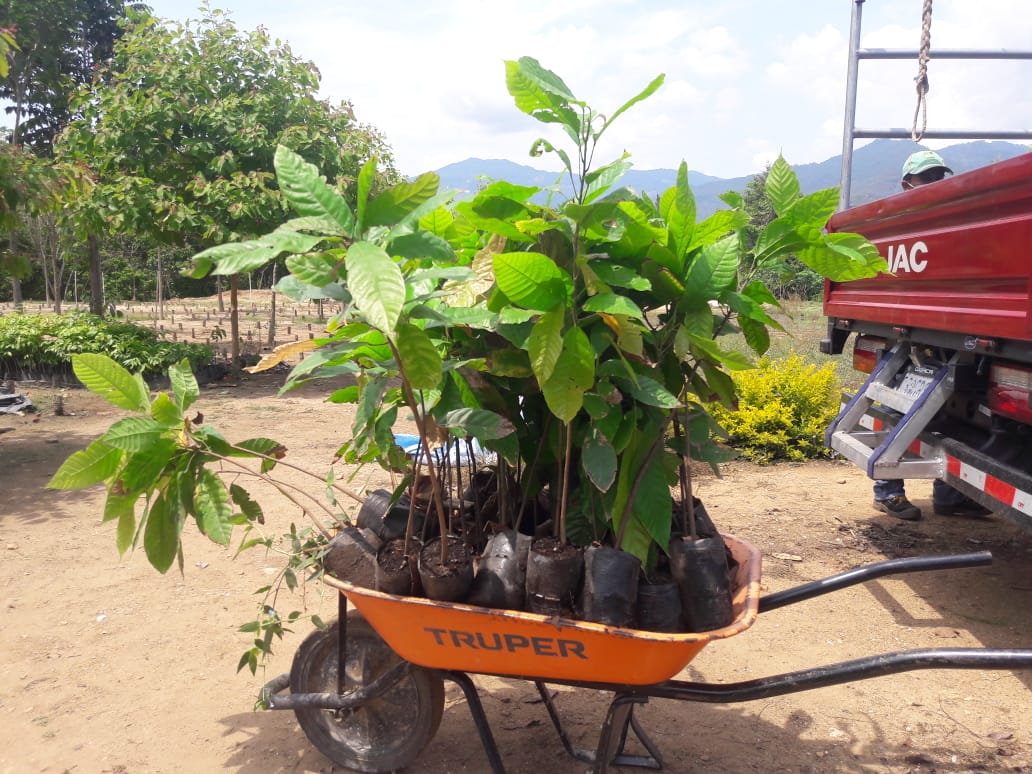
Household Greywater Filter Systems
In the community of Chixolop we’re addressing the consumer end of the water problem by building 12 household greywater filter systems. Typically, greywater stagnates in mosquito breeding puddles or flows from the households to the closest stream. We’re hoping that these filters, built with local materials, will give families several examples of how to turn the greywater health problem into a solution as filters direct the water to thirsty fruit trees, flowers, and fodder for animals.
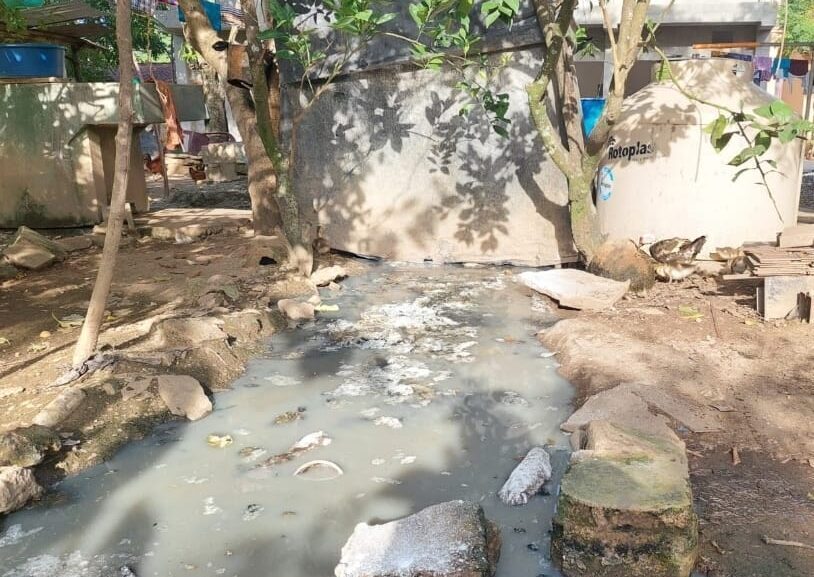
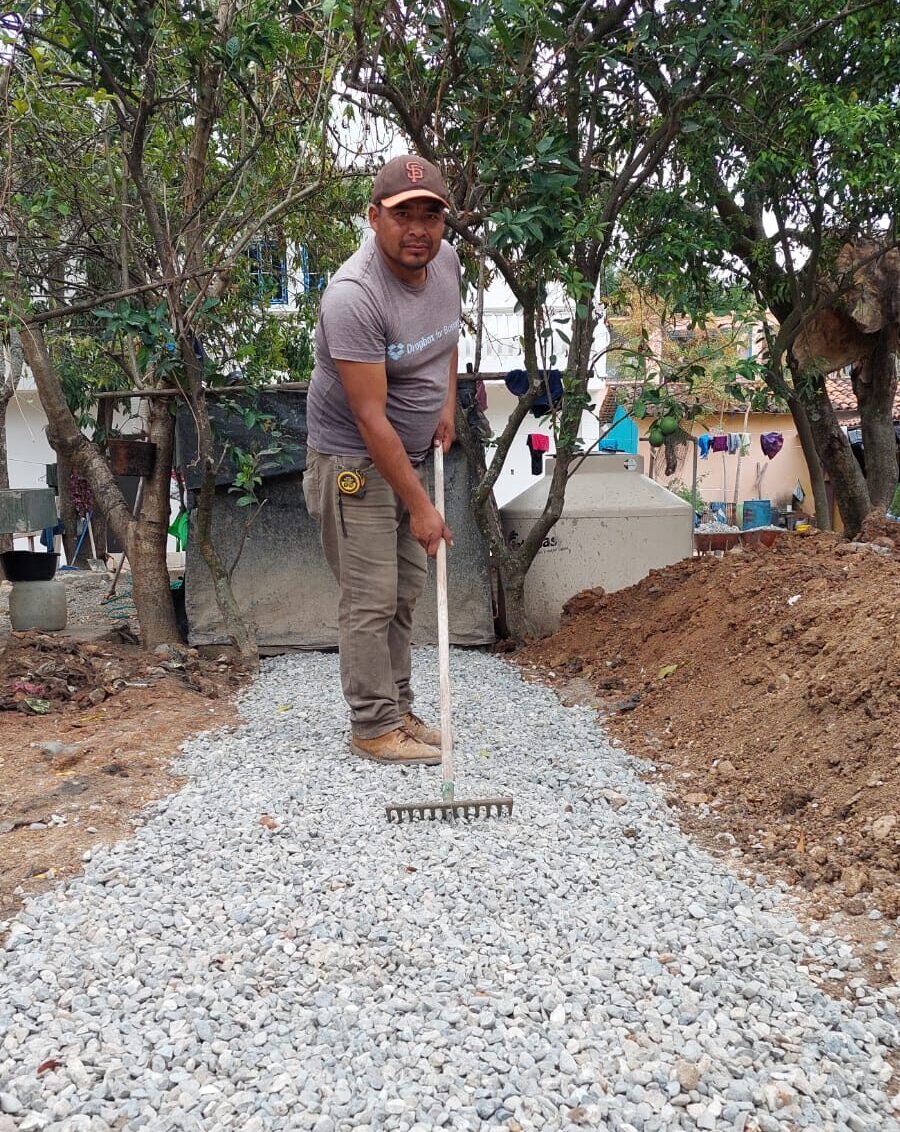
Sand Dam #2 in “Las Minas”
Las Minas is a small Maya Achí community located on the steep slope of a mountain. Their only water source is from the trickling springs in the ravines above the community and although all of Las Minas suffers water shortages, Sector III, with 73 families and 420 inhabitantes receives a mere 20 gallons a week per household from their community water tank. Imagine trying to run a household on 20 gallons of water a week! Very few families can afford to purchase water from the trucks that sell it from neighboring communities, and most of the homes can only be reached by narrow, rocky footpaths.
The women from Sector III travel by flashlight in the twilight hours to the springs above their homes, waiting their turn to fill their 2.5 gallon plastic jugs. This is a one-day supply of water for cooking and drinking. To wash clothes they walk down the mountain and dig holes in the dry river bed where they scoop water from small pools and wash their clothing on large rocks.
In the fall of 2021, 70 men and women from Las Minas visited the Sand Dam in Chixolop and listened first-hand to the story of how they mobilized their community to build the sand dam and reforest the watershed. It was a powerful moment to see this first-hand, hard-won knowledge passed from one community to another.
In January we visited Las Minas to talk with the families about their water situation. We interviewed Elvia Ixtacoc, a mother of two small children. She and her husband are one of the rare families that can afford to purchase 150 gallons of water once a week at a cost of approximately $10 which is equivalent to one day’s wages for a day laborer. She shared with us her elaborate systems for reusing her greywater to wash the floors of her house and to water the plants in her yard.
In February, Sector III of Las Minas began organizing large groups of community members, young and old to prepare the site for the sand dam which is located one kilometer above the community. The level of community organization and commitment to getting the site ready is impressive. Once the rains begin, the community will use sandbags to capture enough water to mix cement for the construction of the wall. Like the Chixolop sand dam, the water will be gravity fed to the community water tank. We visited the community tank and discovered that it had some large cracks in the walls and is in need of repair. We’re hoping to raise enough funds this year to include the tank repair in the sand dam project expenses.
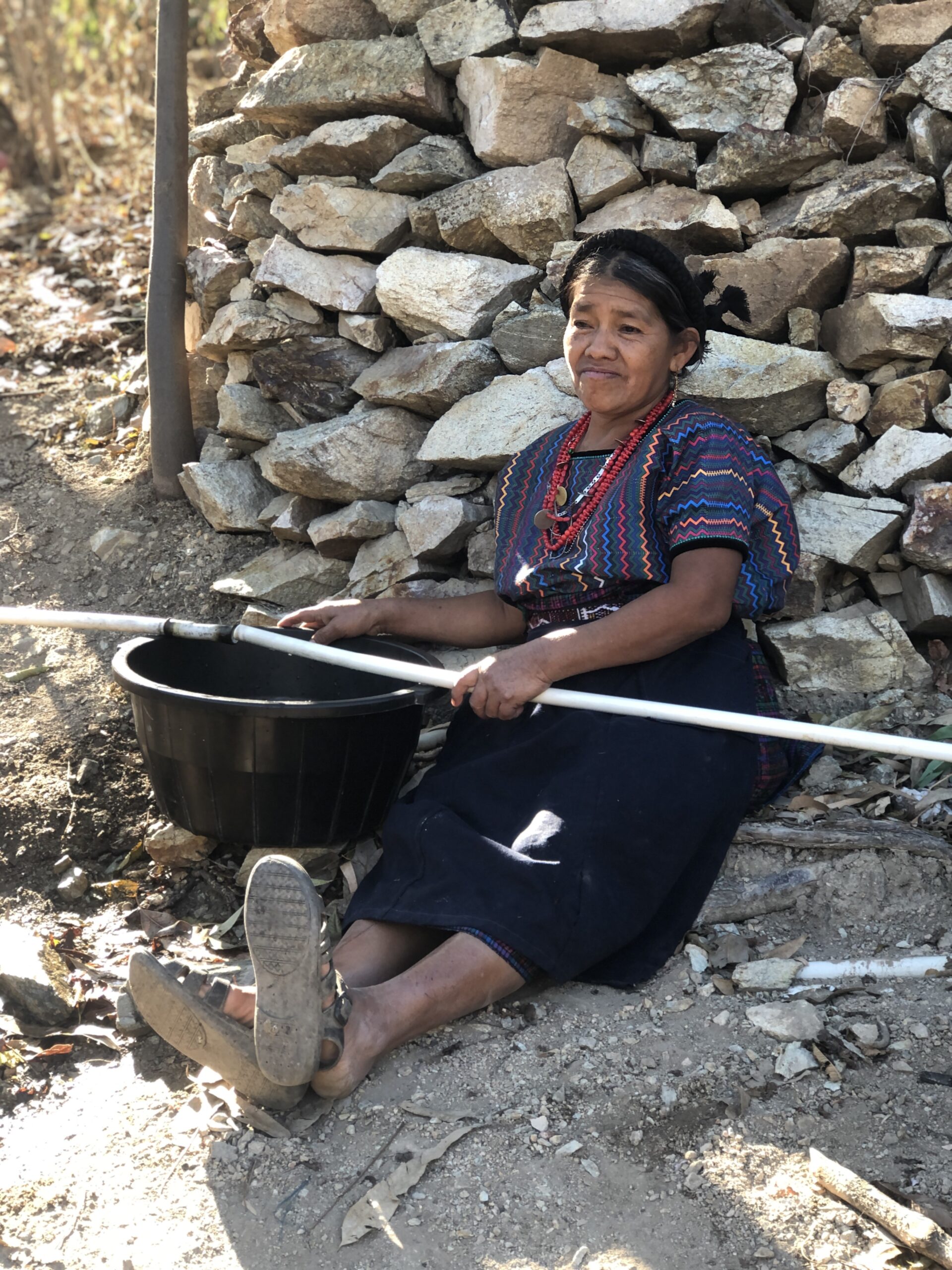
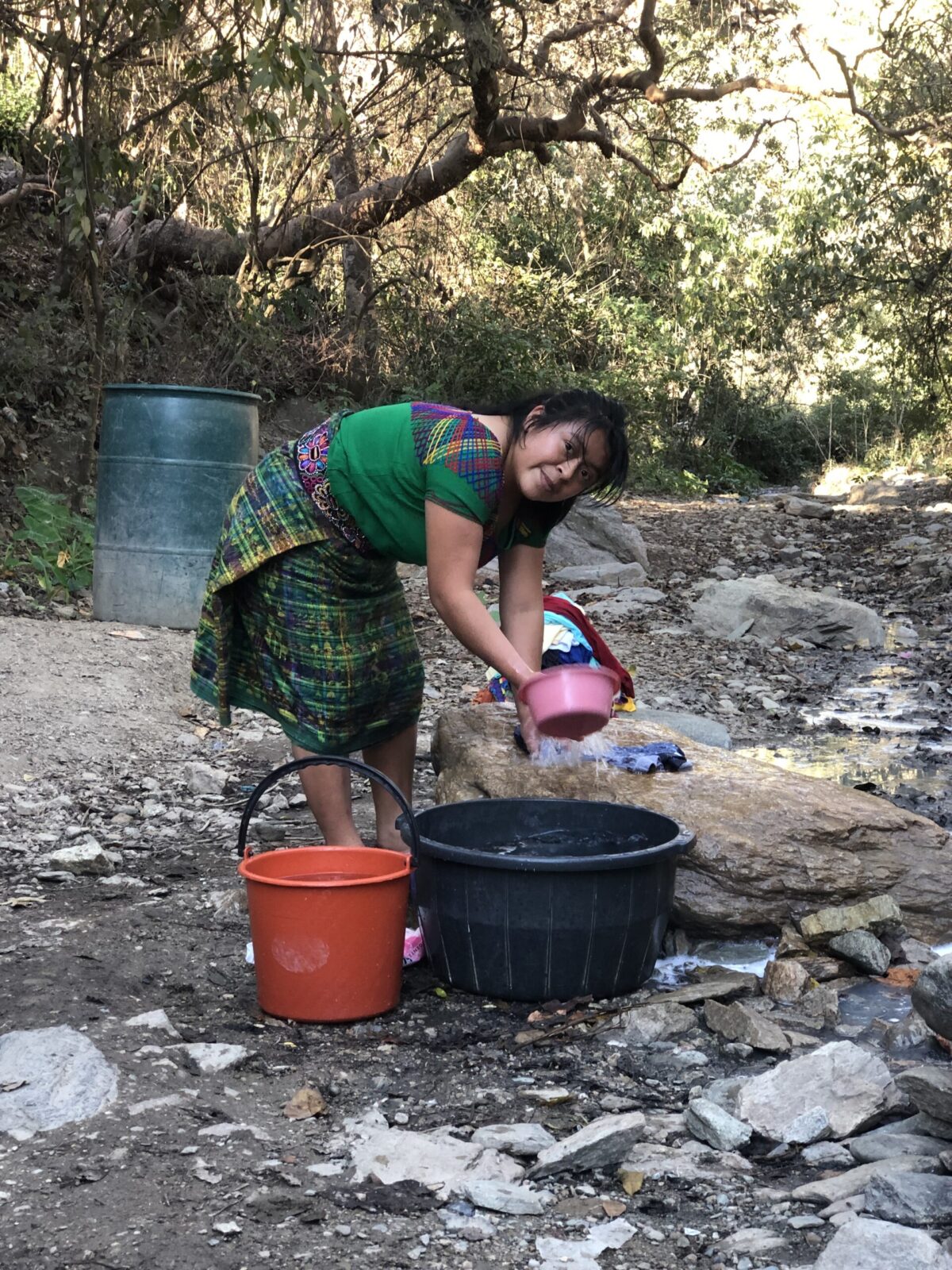
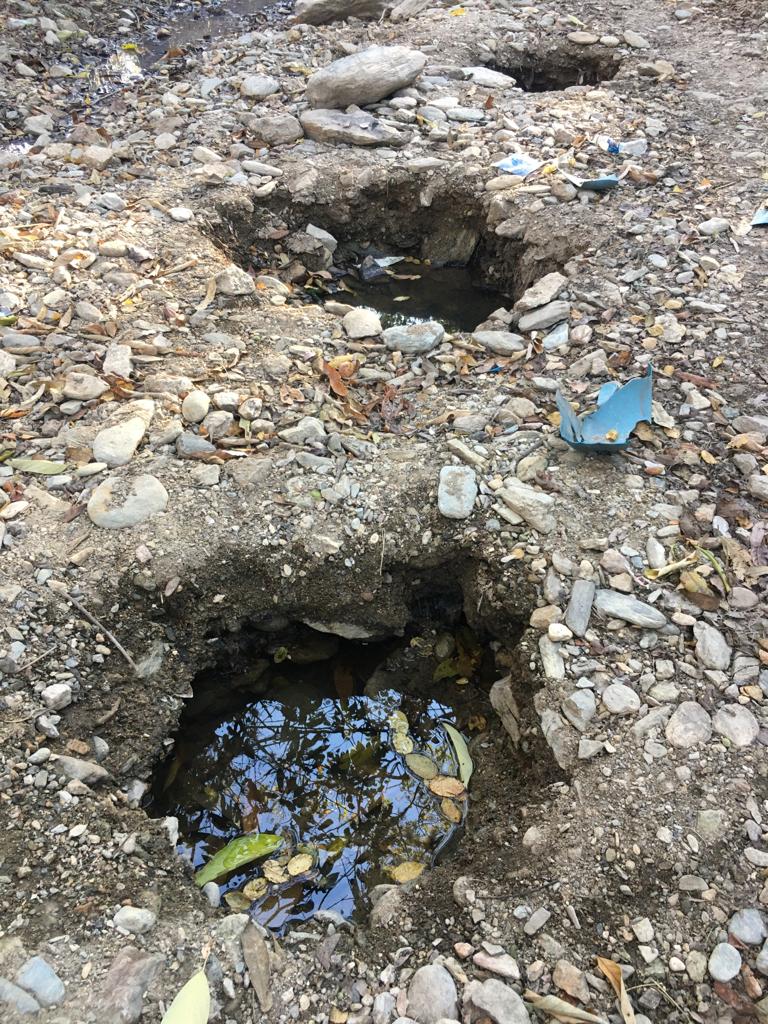
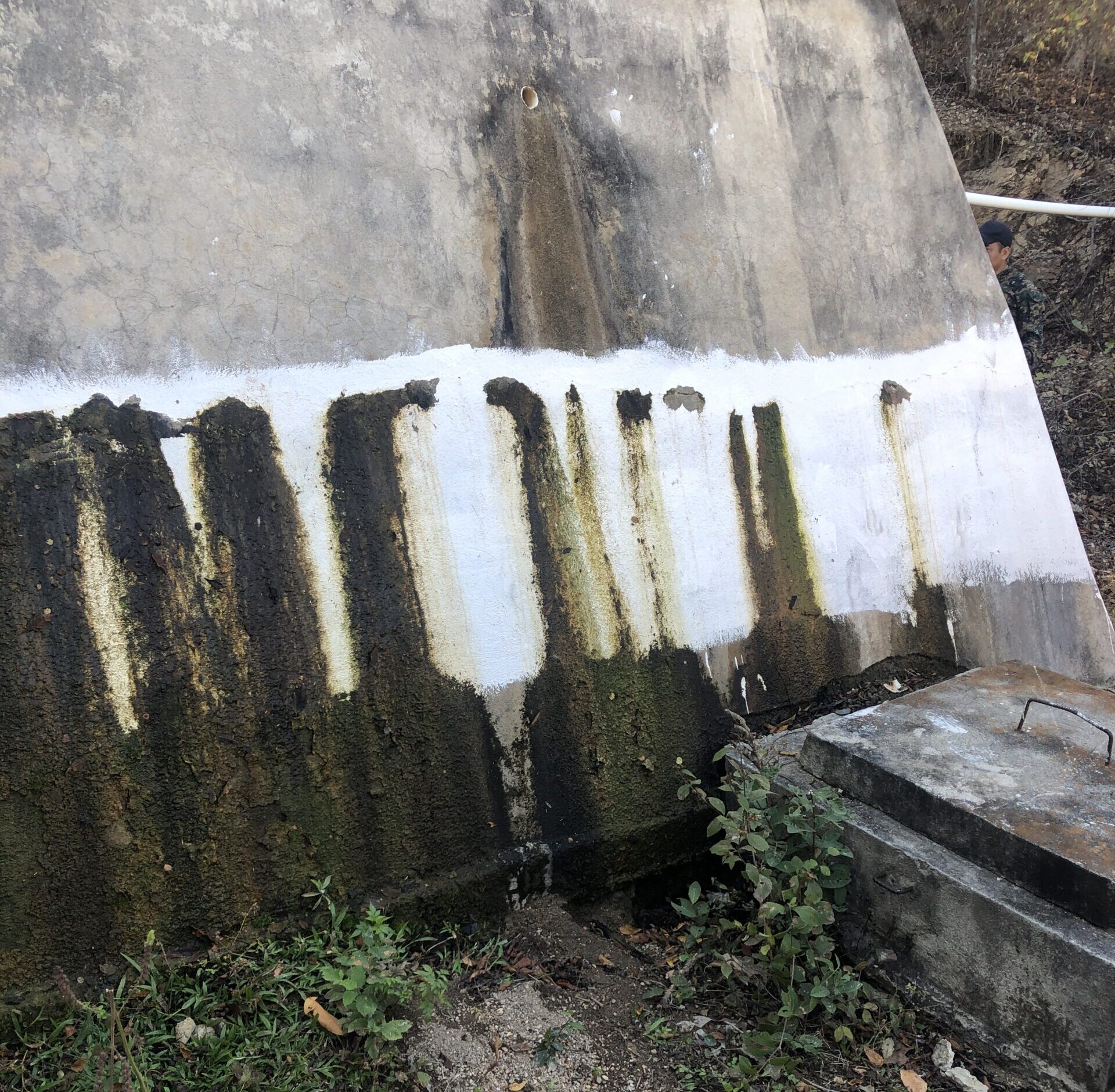
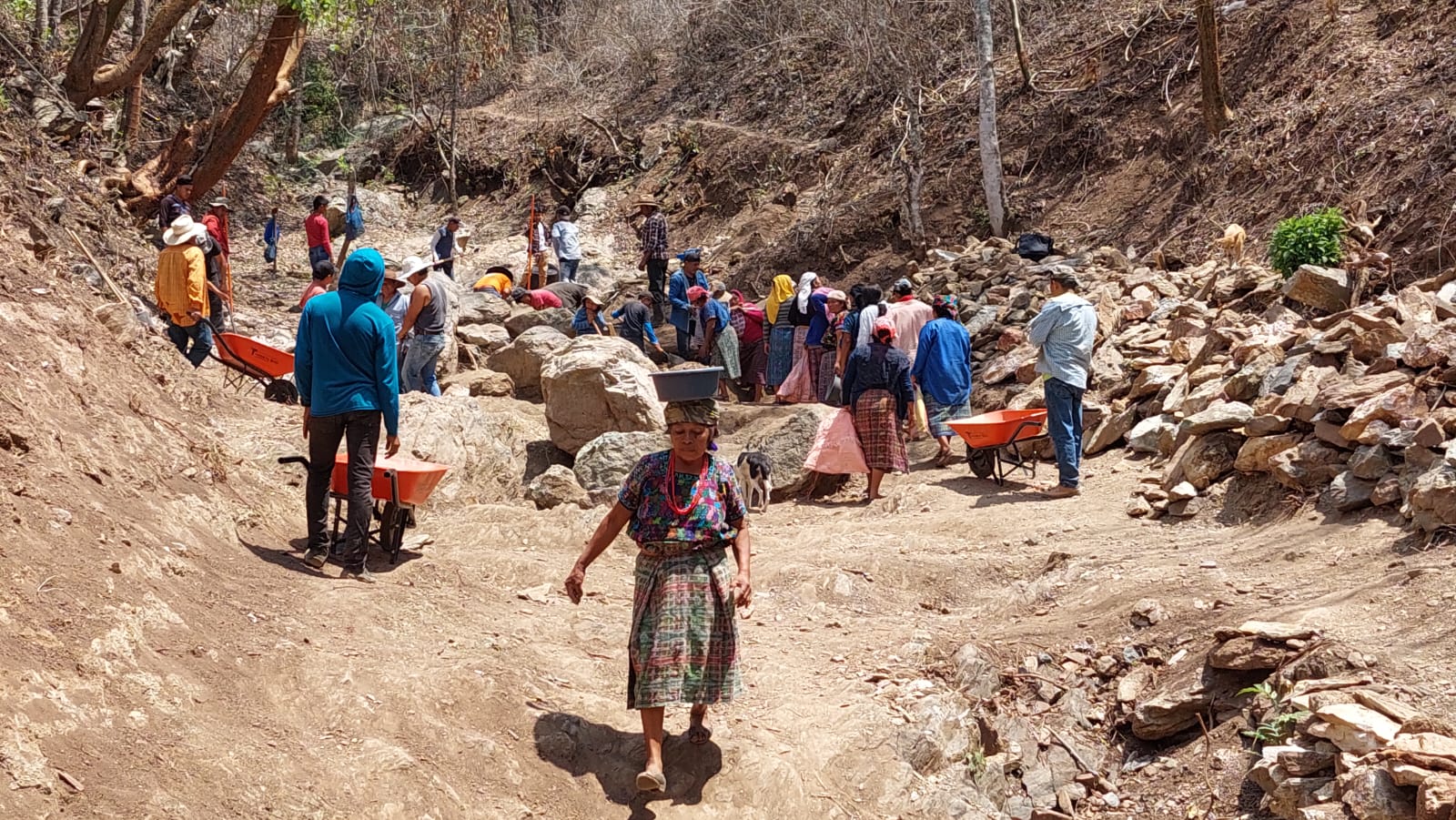
The “Mother Earth” Association Qachuu Aloom
We’ve had the pleasure of accompanying our oldest partner, the Association Qachuu Aloom through a series of monthly organizational strengthening workshops where the staff and the board of directors have come together to define their organizational values, program goals and strategies, and the creation of important policies related to equity, inclusion and conflict transformation. Qachuu Aloom, in its 19th year, has a staff of 23 and 500 members, 70% of whom are women!
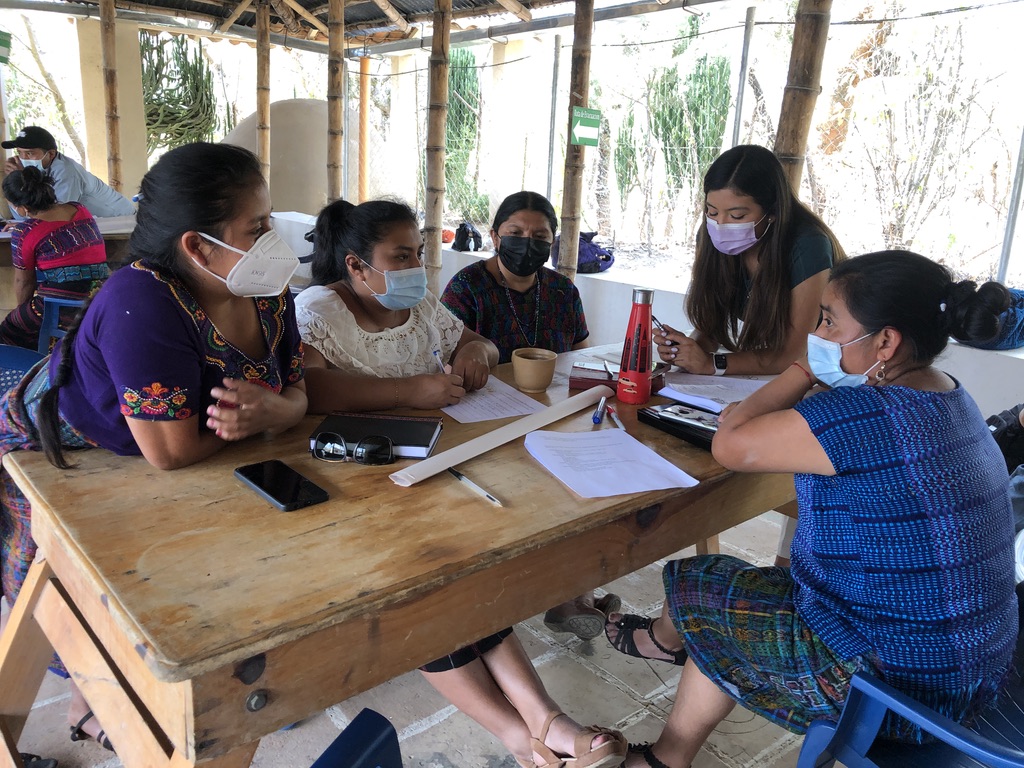
The Milpa Movement
The Milpa System, a highly productive polyculture of native beans, corn, and squash, is probably the oldest agricultural practice in Guatemala. With the introduction of industrial agriculture over 75 years ago, this tradition was nearly lost. Now, in our fourth year, we have 70 farmers cultivating milpa using the Farmer to Farmer method of horizontal hands-on learning.
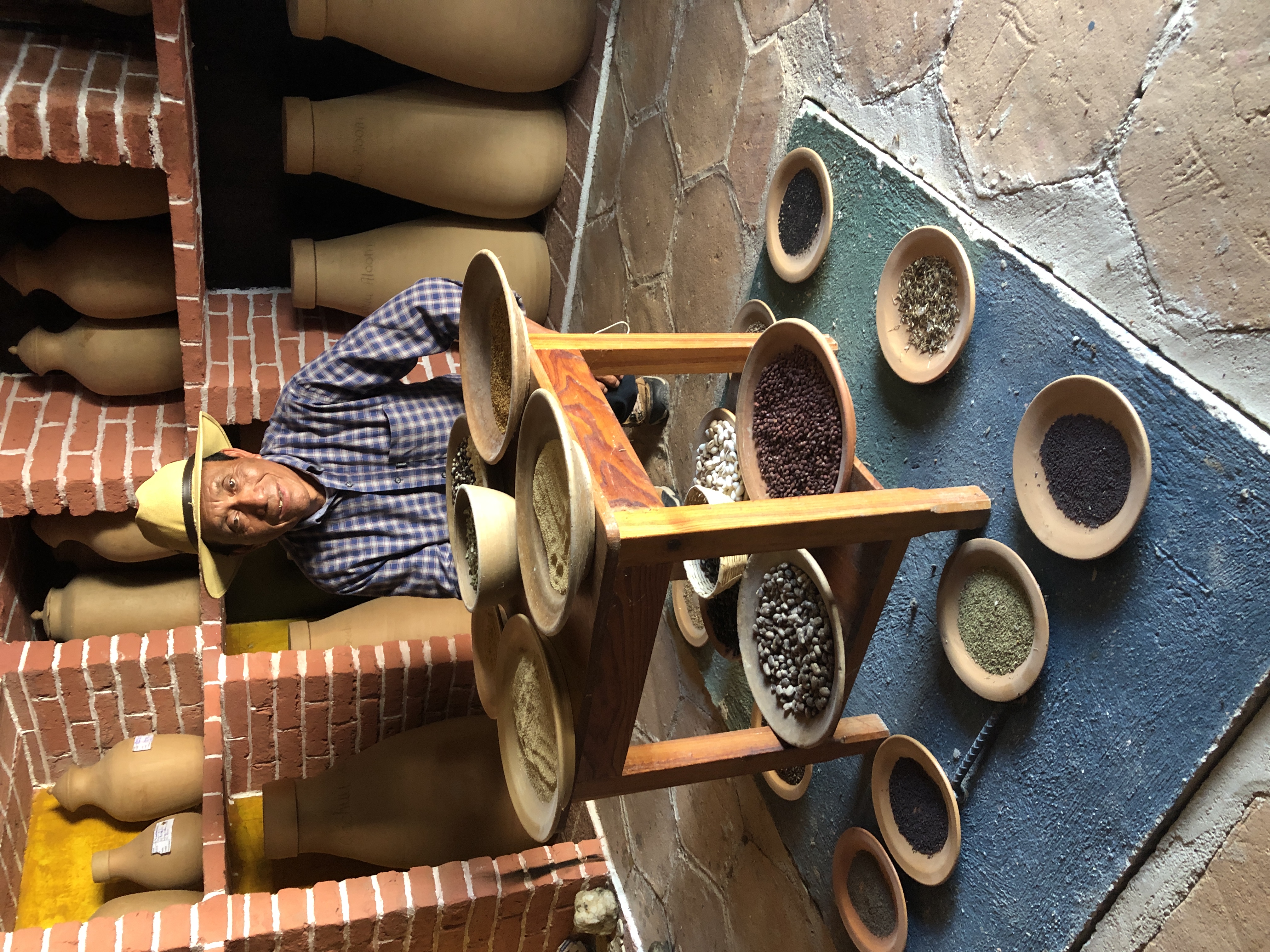








Highlights from this year’s Creative Solutions Projects
We believe in people and their capacity to develop creative solutions to the problems they face in their communities. The Garden’s Edge supports the dreams of emerging changemakers through small, creative projects that improve health conditions, food security, provide income for families, improve local economies, and develop leadership.
Creative Solutions Projects grants are for scalable business start-ups, social entrepreneurial projects or projects that support cultural and environmental preservation with long-term accompaniment.
Weaving Classes for Kids
When Olga was 12, her aunt began teaching her how to weave. Now she’s inspired to teach a group of children from her neighborhood. Part of her inspiration comes from her concern over the digital cloning of Guatemalan weaving styles. Now, in local markets, people can purchase, at super low prices, industrially made fabrics that imitate traditional weaving. This threatens the culture and identity of her people. For Olga, there is no better way to pass on this heritage than teaching classes to children. Her lessons include the history of local weaving techniques and motifs, which she herself is researching. Olga is planting a seed in these children by giving them a much deeper understanding of the values of Mayan weaving and the origins of its intricate designs.
Conserving Native Bees
Julian believes it’s our responsibility to take care of bees as they are essential for pollination. He’s learning beekeeping skills from his elders so that he can pass those skills on to the younger generations. His goal for this year is to learn how to work with european honey bees and native bees which produce medicinal honey. Both can be sold or bartered locally.
Chickens!!
Esvin and Michelle, from our leadership training program, are recuperating local knowledge on how to raise chickens traditionally, without antibiotics in a more natural habitat with healthy food. They’re both excited to grow their small flocks into a midsize operation. In time, these patio chicken yards can accommodate between 50-100 birds and they will generate income from the sale of eggs, meat, and fertilizer!
Seamstress Project
Jessica and Rosa are buying better equipment, taking classes to improve their sewing skills and expanding their seamstress services. Their goal is to sew from the comfort of their homes where they can be close to their families while generating income. Both are incorporating upcycled hand woven fabrics into aprons, bags and clothing.
